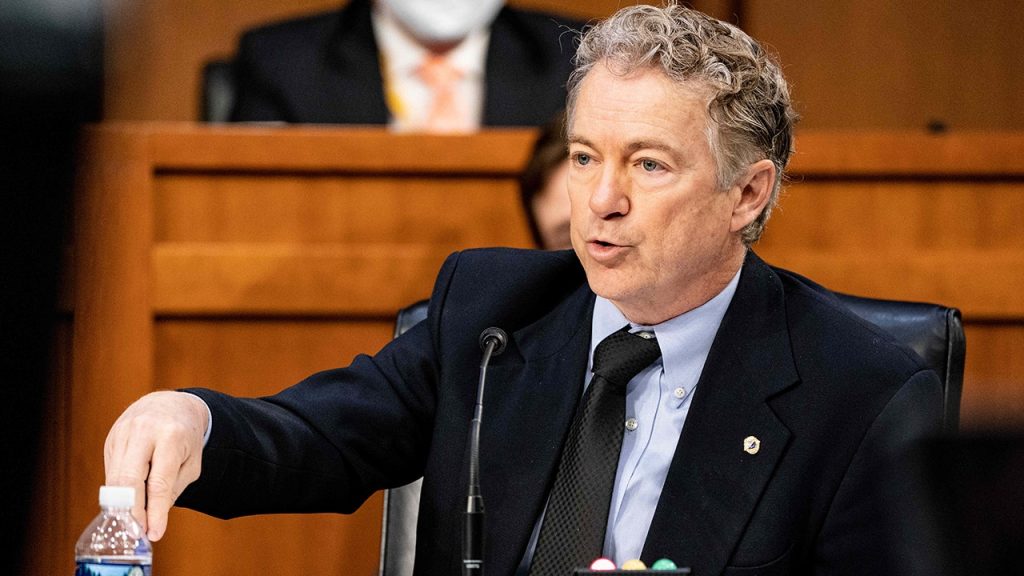Sen. Rand Paul’s enthusiastic endorsement of President-elect Trump’s Cabinet nominees signals a strong alignment within the Republican party as the new administration takes shape. Paul’s declaration of support, coupled with his pledge to expedite the confirmation process, underscores a concerted effort to swiftly implement Trump’s agenda. Paul’s influential position as chair of the Senate Homeland Security and Governmental Affairs Committee positions him as a key player in shaping the incoming administration. His commitment to fast-tracking confirmations indicates a desire to minimize potential delays and ensure a smooth transition of power. This proactive approach suggests a shared understanding and prioritization of key policy objectives between Trump and his congressional allies.
Trump’s Cabinet selections reflect a blend of established figures and unconventional choices, a hallmark of his political style. This mix seeks to balance experience with fresh perspectives, potentially addressing both traditional Republican priorities and the populist sentiments that propelled Trump’s political rise. The inclusion of figures like Robert F. Kennedy Jr. for Health and Human Services, Kash Patel for FBI Director, and Sen. Marco Rubio for Secretary of State demonstrates Trump’s willingness to reach across conventional ideological lines, while also rewarding loyalists. This approach may foster both innovation and potential friction within the administration.
However, some of Trump’s picks have drawn criticism and sparked controversy, reflecting the ongoing divisions within the political landscape. Figures like Kash Patel, Pete Hegseth for Defense Secretary, and Tulsi Gabbard for Director of National Intelligence have faced scrutiny due to their past actions, statements, or perceived qualifications. These controversies highlight the challenges Trump faces in unifying the country and building consensus around his appointments, as well as the potential for protracted confirmation battles in the Senate.
The media coverage of Trump’s Cabinet selections has been largely negative, according to a study analyzing ABC, CBS, and NBC evening newscasts. This negative framing reflects the ongoing tension between Trump and mainstream media outlets, which often clashed during his previous presidency. The critical coverage may influence public perception of the incoming administration and contribute to the polarization surrounding Trump’s political comeback. It also underscores the media’s role in shaping the narrative around political appointments and the potential impact on public opinion.
Furthermore, the reported threats against Trump’s Cabinet nominees and appointees highlight the heightened political tensions and security concerns surrounding the transition of power. These threats underscore the volatile political climate and the potential for violence against public figures. The need for increased security measures to protect these individuals and ensure a peaceful transition becomes paramount in such a charged environment.
Overall, Sen. Rand Paul’s enthusiastic support for Trump’s Cabinet nominees sets the stage for a potentially rapid confirmation process, while the controversial nature of some picks and the negative media coverage foreshadow potential challenges ahead. The blend of established and unconventional choices in Trump’s Cabinet reflects his unique political style and suggests both opportunities and potential conflicts within the new administration. The reported threats against nominees underscore the heightened security concerns and the volatile political climate surrounding Trump’s return to the presidency. The interplay of these factors will shape the early days of the Trump administration and influence its effectiveness in addressing pressing national and international issues.

